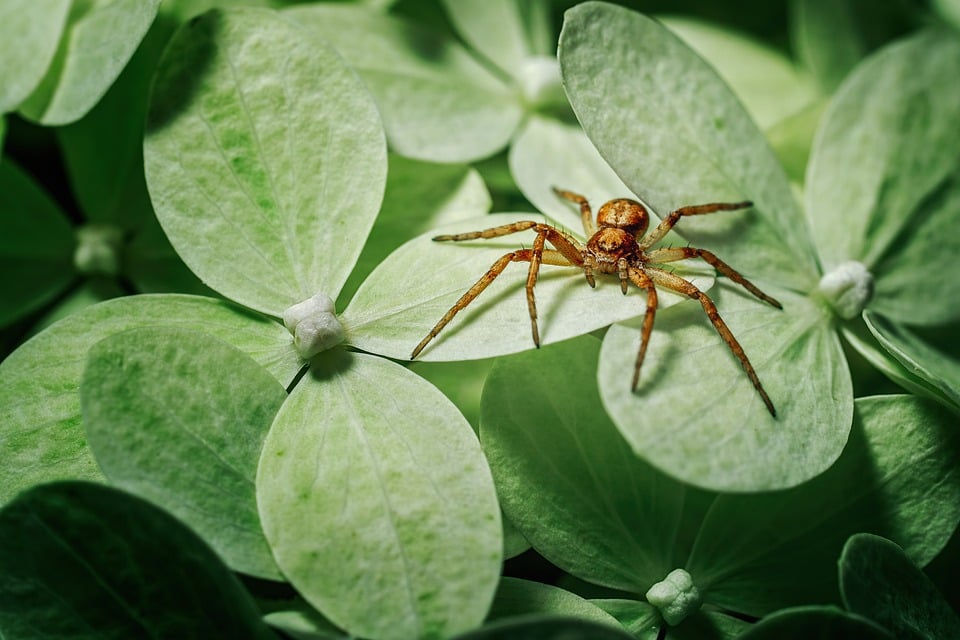As the warm weather approaches and outdoor activities become more popular, so does the presence of pesky insects. Mosquitoes, ticks, and other bugs can turn a pleasant day outdoors into an uncomfortable experience. While traditional insect repellents containing DEET (N,N-Diethyl-meta-toluamide) have long been the go-to solution for preventing bug bites, an increasing number of consumers are seeking DEET-free alternatives. In this article, we’ll explore the benefits of DEET-free bug sprays, their effectiveness, and why you might want to consider making the switch.
Understanding DEET and Its Alternatives
DEET has been widely used since its introduction by the U.S. military in the 1940s. It is effective against a broad range of insects, making it a popular choice for outdoor enthusiasts. However, concerns have emerged regarding its safety profile, especially when used on children or during pregnancy. Potential side effects include skin irritation, allergic reactions, and, in rare cases, more severe neurological effects.
In response to these concerns, the market has seen a surge in DEET-free insect repellents. These alternatives often use natural ingredients such as essential oils, plant extracts, and other botanical formulations. Popular options include lemon eucalyptus oil, citronella, lavender, and soybean oil.
Benefits of DEET-Free Bug Sprays
1. Safety Profile
One of the primary advantages of DEET-free bug sprays is their safety. Many natural options are gentle on the skin and less likely to provoke allergic reactions or irritate sensitive skin. They are often recommended for use on children and pregnant women, who may be more susceptible to the potential side effects associated with DEET.
2. Environmental Friendliness
DEET has raised environmental concerns due to its potential toxicity to wildlife and aquatic ecosystems. DEET-free alternatives are typically formulated with biodegradable ingredients that pose a lower risk to the environment. This makes them a more sustainable choice for individuals who are conscious of their ecological footprint.
3. Pleasant Scents
One of the drawbacks of traditional insect repellents is their strong chemical odor, which can be off-putting. DEET-free sprays often feature pleasant fragrances derived from natural ingredients, making them more enjoyable to use. This can enhance your experience while spending time outdoors, whether you’re camping, hiking, or having a picnic.
4. Non-Oily Texture
Many DEET-free products are designed to have a non-greasy and lightweight feel on the skin, which contributes to comfort. For those who dislike the sticky residue often associated with DEET-based sprays, natural alternatives can be a refreshing change.
5. Variety of Options
The growing demand for DEET-free insect repellents has led to a diverse array of products on the market. Consumers can choose from sprays, lotions, wipes, and even candles. This variety allows individuals to find a product that suits their preferences and specific use cases, such as family outings at the park or backpacking in the wilderness.
6. Effective Protection
Research shows that some DEET-free repellents can provide effective protection against insect bites for several hours. Products containing lemon eucalyptus oil, for example, have been found to offer similar efficacy to low concentrations of DEET, making them a viable option for those seeking natural alternatives.
Making the Switch
If you’re interested in trying a DEET-free bug spray, start by researching products with proven effectiveness, positive user reviews, and certifications for safety. Keep in mind that, like any repellent, their effectiveness may vary based on the concentration of active ingredients and individual body chemistry.
Tips for Use:
- Reapply as Needed: Follow manufacturer instructions on how often to reapply, especially when sweating or after swimming.
- Spot Test: If trying a new product for the first time, perform a patch test on a small area of skin to ensure no allergic reaction occurs.
- Combine with Other Measures: Consider using other preventative measures such as wearing long sleeves, using mosquito nets, and avoiding heavily infested areas when possible.
Conclusion
With the increasing availability of DEET-free bug sprays, there’s no longer a need to compromise comfort and safety while protecting yourself from insect bites. These alternatives not only provide effective protection but also offer a more enjoyable and environmentally friendly experience. As you prepare for outdoor adventures this season, consider making the switch to DEET-free options and enjoy the great outdoors without the unwanted buzz!
